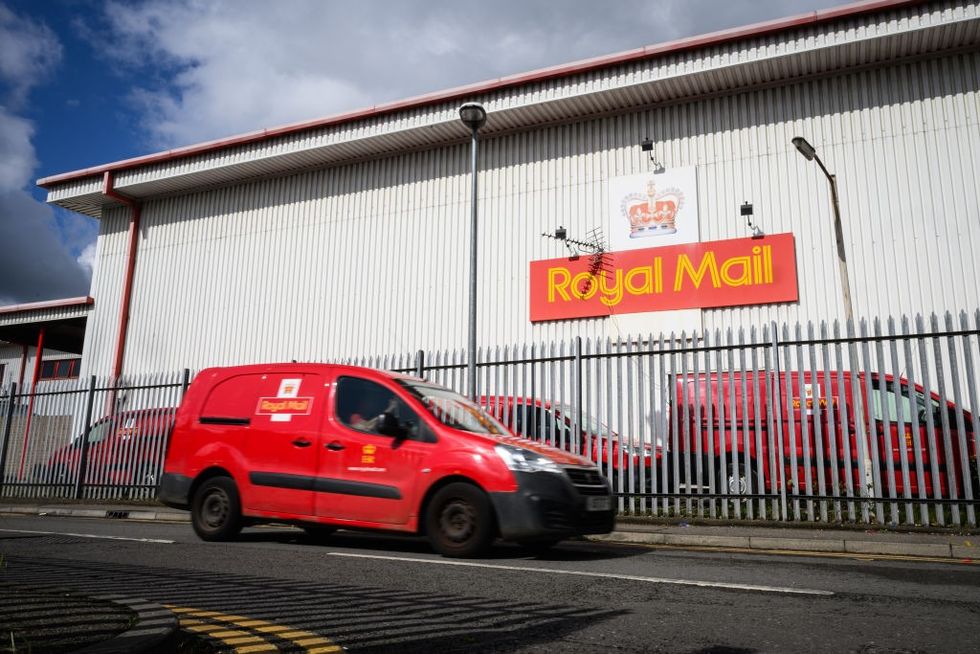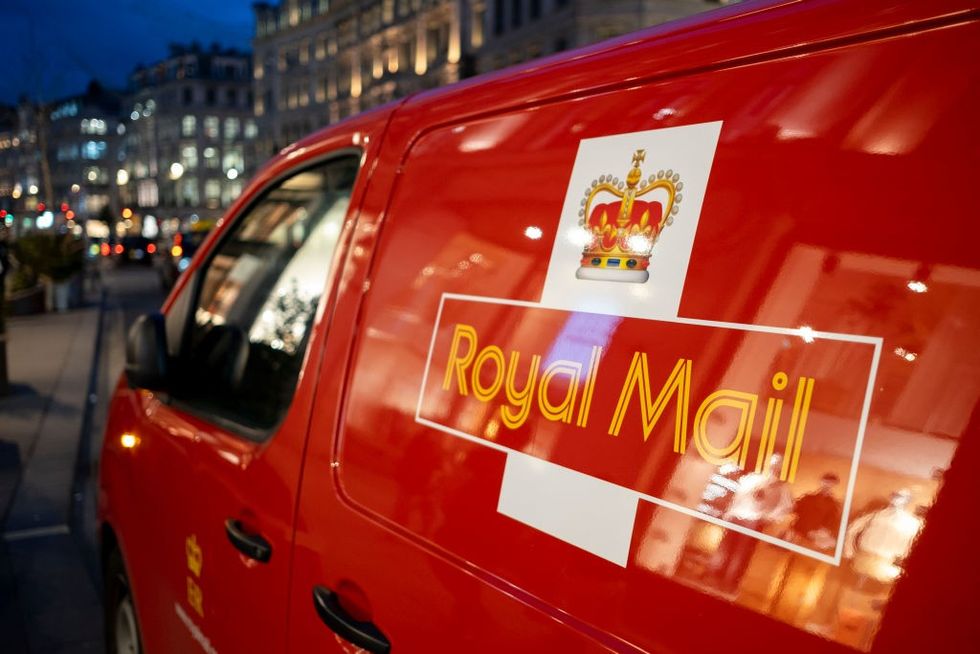Georgina Cutler
Guest Reporter
The Government has approved the £3.6bn takeover of Royal Mail by Czech billionaire Daniel Kretinsky's EP Group after securing "legally binding" commitments.
The deal includes conditions to protect the postal service's operations and workers' interests in the UK.
The takeover was scrutinised under national security laws due to Royal Mail's status as vital national infrastructure.
Under the agreement, the Government will maintain a "golden share" giving it power over major decisions about Royal Mail's ownership, headquarters location and tax residency.

The new owners must also preserve the Universal Service Obligation, which requires Royal Mail to deliver letters six days per week and parcels Monday to Friday.
Kretinsky has pledged to honour the Universal Service Obligation "for as long as I am alive."
Workers will receive significant benefits under the deal, including a 10 per cent share of any dividends paid to Kretinsky.
A new workers group will be established to meet monthly with Royal Mail directors, giving employees greater input into company operations.
The agreement includes several key guarantees from Kretinsky, including protection of the pension surplus.
LATEST DEVELOPMENTS:
The Royal Mail brand name will be preserved, with headquarters and tax residency remaining in the UK for at least five years.
There will be no compulsory redundancies until 2025, meeting union demands.
Unions have met with EP Group to finalise these additional commitments and have agreed to the package in principle, though it still requires approval through their internal democratic process.
Kretinsky's business interests extend beyond Royal Mail, including a 27 per cent stake in West Ham United football club and 10 per cent of Sainsbury's.
His companies also own a gas transmission service that continues to pipe reduced levels of Russian gas to Europe, with EU consent and payment.
Business Secretary Jonathan Reynolds addressed Parliament in November, describing Kretinsky as a "legitimate business figure."
Reynolds noted that alleged Russian links had been previously reviewed and dismissed when Kretinsky became the company's largest shareholder nearly two years ago.
Last week, the company was fined £10.5m by Ofcom for failing to meet first and second class mail delivery targets.

The regulator said that Royal Mail's poor service was "now eroding public trust in one of the UK's oldest institutions."
Letter volumes have declined dramatically, with current posting levels at half of what they were in 2011.
While parcel deliveries have become more profitable, Royal Mail's parent company IDS only managed a small profit last year, driven entirely by its German and Canadian operations.
Kretinsky has outlined plans to modernise operations, including significant investment in delivery lockers across the UK to improve online delivery efficiency, similar to systems used in Europe.
Find Out More...
The deal includes conditions to protect the postal service's operations and workers' interests in the UK.
The takeover was scrutinised under national security laws due to Royal Mail's status as vital national infrastructure.
Under the agreement, the Government will maintain a "golden share" giving it power over major decisions about Royal Mail's ownership, headquarters location and tax residency.

The new owners must also preserve the Universal Service Obligation, which requires Royal Mail to deliver letters six days per week and parcels Monday to Friday.
Kretinsky has pledged to honour the Universal Service Obligation "for as long as I am alive."
Workers will receive significant benefits under the deal, including a 10 per cent share of any dividends paid to Kretinsky.
A new workers group will be established to meet monthly with Royal Mail directors, giving employees greater input into company operations.
The agreement includes several key guarantees from Kretinsky, including protection of the pension surplus.
LATEST DEVELOPMENTS:
- Royal Mail warned of 'tough times' by former minister after being handed £10m fine
- Royal Mail 'must modernise' to sustain a 'bright future', Scully claims
- Royal Mail FINED £10.5m by Ofcom due to 'millions of letters arriving late'
The Royal Mail brand name will be preserved, with headquarters and tax residency remaining in the UK for at least five years.
There will be no compulsory redundancies until 2025, meeting union demands.
Unions have met with EP Group to finalise these additional commitments and have agreed to the package in principle, though it still requires approval through their internal democratic process.
Kretinsky's business interests extend beyond Royal Mail, including a 27 per cent stake in West Ham United football club and 10 per cent of Sainsbury's.
His companies also own a gas transmission service that continues to pipe reduced levels of Russian gas to Europe, with EU consent and payment.
Business Secretary Jonathan Reynolds addressed Parliament in November, describing Kretinsky as a "legitimate business figure."
Reynolds noted that alleged Russian links had been previously reviewed and dismissed when Kretinsky became the company's largest shareholder nearly two years ago.
Last week, the company was fined £10.5m by Ofcom for failing to meet first and second class mail delivery targets.

The regulator said that Royal Mail's poor service was "now eroding public trust in one of the UK's oldest institutions."
Letter volumes have declined dramatically, with current posting levels at half of what they were in 2011.
While parcel deliveries have become more profitable, Royal Mail's parent company IDS only managed a small profit last year, driven entirely by its German and Canadian operations.
Kretinsky has outlined plans to modernise operations, including significant investment in delivery lockers across the UK to improve online delivery efficiency, similar to systems used in Europe.
Find Out More...